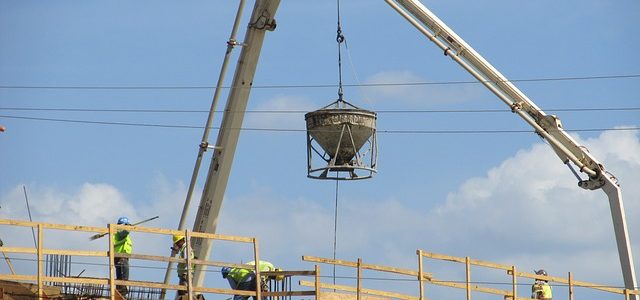New construction necessarily involves a lot of moving parts, including the developer and/or homeowner, the architect, the construction company or contractor and crew, material manufacturers and suppliers, and a variety of other vendors. More importantly, many of these players are interrelated, relying on others to get their jobs done before subsequent activities can proceed.
What does this mean for your construction schedule? Put simply, you should plan for delays. Whether the crew is waiting on needed materials, building can’t proceed until home inspectors file reports, or homeowners keep changing their minds, delays are pretty normal during construction.
Still, construction projects don’t have endless amounts of time for such delays – there are deadlines to be met on any construction project. What can builders do to stay on schedule despite any setbacks that may come along? Here are a few tips and tricks to employ.
1. Allow for an Ample Planning Phase
Before a construction project even gets underway there should be suitable time set aside for planning the project. This phase will almost certainly include the creation of floor plans and necessary land surveys to ensure that everything is in place before ground is broken, drilling companies are hired, and the building foundation is poured.
However, there are a few other details you should nail down at this time, as well. You should determine the materials needed and the vendors and suppliers you’ll use, apply for necessary permits from the city, and sign all applicable contracts.
Don’t forget that this early planning phase is also the time to nail down costs and set up a schedule. Of course, you’ll want to leave some wiggle room for overages, for both time and money.
Planning for some amount of delays will help to ensure that your project is completed on time. You also need to set milestones, however, so that delays aren’t allowed to get out of hand.
2. Hire Skilled Workers
Every construction project is bound to have its own particular set of hurdles to overcome. With the right workers on the payroll you can overcome these roadblocks and get your project underway.
Perhaps you need someone with experience in pier foundation construction or you want an architect with a background in a specific style of architecture. Maybe you need builders that are familiar working with natural stone or brick.
Finding appropriate workers with the knowledge, skill, and experience to bolster your team is an essential part of completing any project on time, especially if the project requires employees with specific areas of expertise. Leaving yourself plenty of time to conduct interviews and check references will help you to nab the most skilled workers.
3. Contract with Reliable Vendors
Whether you need third-party foundation contractors, lumber suppliers, electricians, or home inspectors throughout the course of your construction project, one thing is certain – you need reliable vendors if you want to stick to your schedule. It’s not easy to have to rely on others to get a job done, but with the right partners you have the best opportunity to complete your project on time.
Finding the right vendors to contract with for your project could mean a combination of utilizing companies you’ve worked with in the past and getting referrals for a new batch of reputable service providers to fill any positions that are as yet unmet. Either way, make sure to do your homework and provide a copy of your schedule before contracts are signed to guarantee fewer potential hold-ups down the line.
4. Set Firm Prices and Deadlines
Creating contracts is an important part of planning for an overall project completion date. While you should definitely make allowances for some amount of overage in money and time spent, you still need to set firm prices and deadlines for all of your workers and vendors to agree to at the outset.
Construction projects require a lot of coordination. If you want to avoid overpaying or missing deadlines, making everyone involved aware and accountable through contracts is the first step.
5. Remain Vigilant
From the moment you begin foundation construction until you put the finishing touches on interior spaces, it’s imperative that you keep an eye on progress. You can rely on project managers to handle issues to a degree, but vigilance in oversight is the only way to ensure that small setbacks don’t turn into huge delays.

